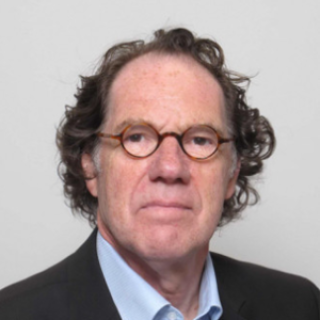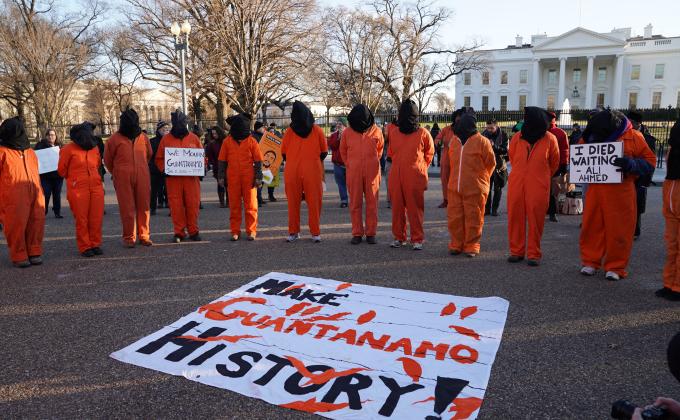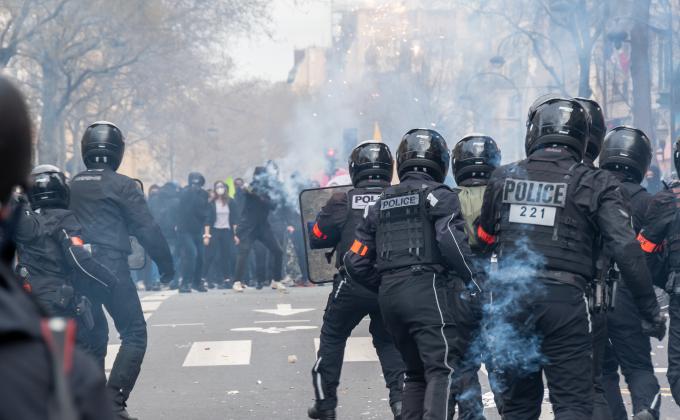The War Paradigm and Law Enforcement Paradigm in Counter-Terrorism: Legal Implications
On Thursday 23 February 2012, ICCT in cooperation with the T.M.C Asser Instituut organised a seminar on "The War Paradigm and Law Enforcement Paradigm in Counter-Terrorism: Legal Implications".
After a kick off by ICCT Director Peter Knoope, who introduced the panelists and thanked Ms. Marianne Hirsch Ballin for her doctoral dissertation – the occassion for the evening’s discussion - moderator Professor. Liesbeth Lijnzaad, Extraordinary Professor Practice of International Law, Maastricht University, took the floor.
The first panelist, Judge James A. Baker, Chief Judge, United States Court of Appeals for the Armed Forces, opened the seminar dismissing the idea that one must choose between law enforcement and laws of armed conflict when fighting terrorism. His remarks underscored the idea that the best defense is to combine elements of both into what he called the “National Security” paradigm. This offers the user a “choice of tools” in combatting terrorism. He spoke in the context of the United States’ on-going dispute with al Qaeda and its affiliates He said that it was integral that the US offer more transparency in its counterterror efforts but remarked that there were gray areas in international law and that it was in the interest of the United States to try to shape customary international law before it shaped the United States.
As a response, Prof. John Vervaele, Professor in Economic and European Criminal Law at Utrecht University, agreed with Judge Baker’s preliminary remarks that it was not a choice between the two paradigms, but that both the war paradigm and the criminal justice paradigm had been substantially affected by counterterrorism. Under the headings of the new war paradigm (diverting from the concepts of war, battlefield, applicable humanitarian law, etc. ) and the new criminal justice paradigm (focusing on proactive or anticipative judicial inquiries and blacklisting of terrorist organizations) he explained that both were seeking for security with a strong trade-off in civil liberties. Even when you call it national security paradigm, there are core moral and legal values that have to be met under the rule of law.
The floor was opened up for questions and both speakers once again stressed the need for more accountability at national and international levels before closing the conference and attending the drinks reception.




